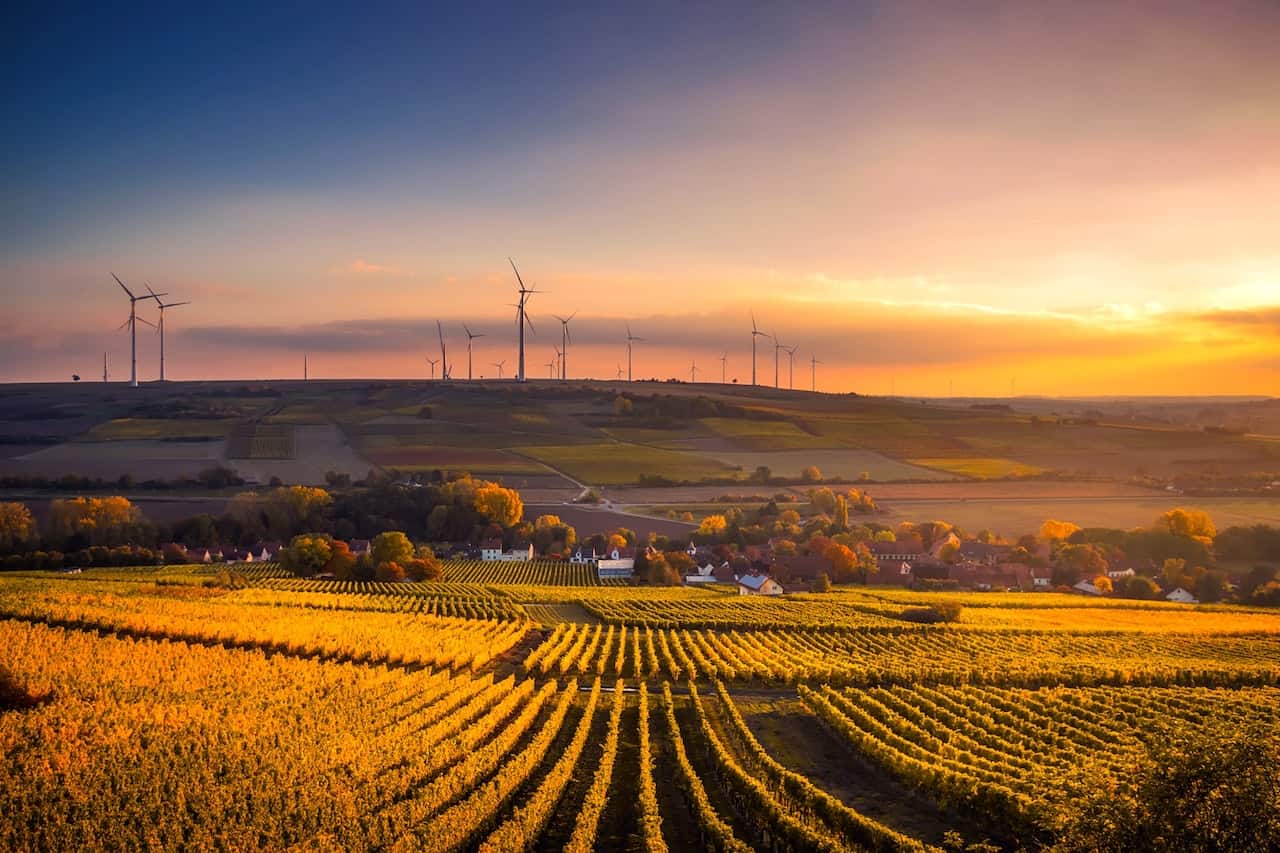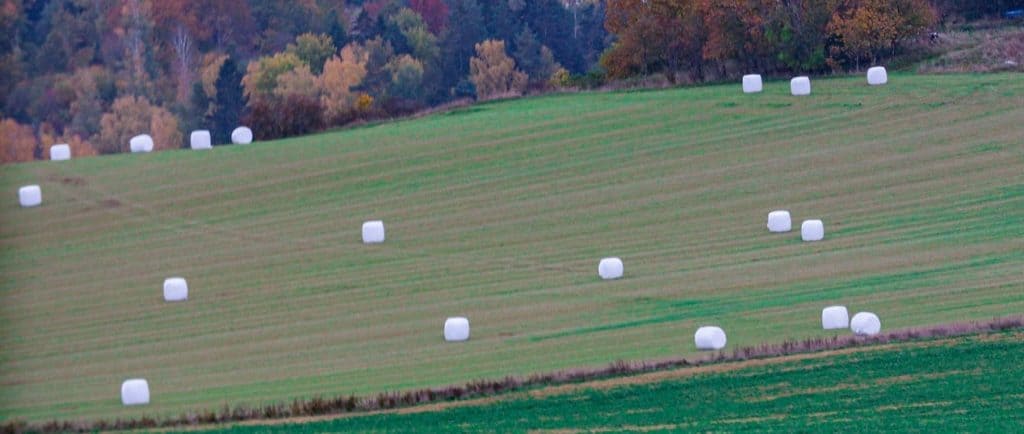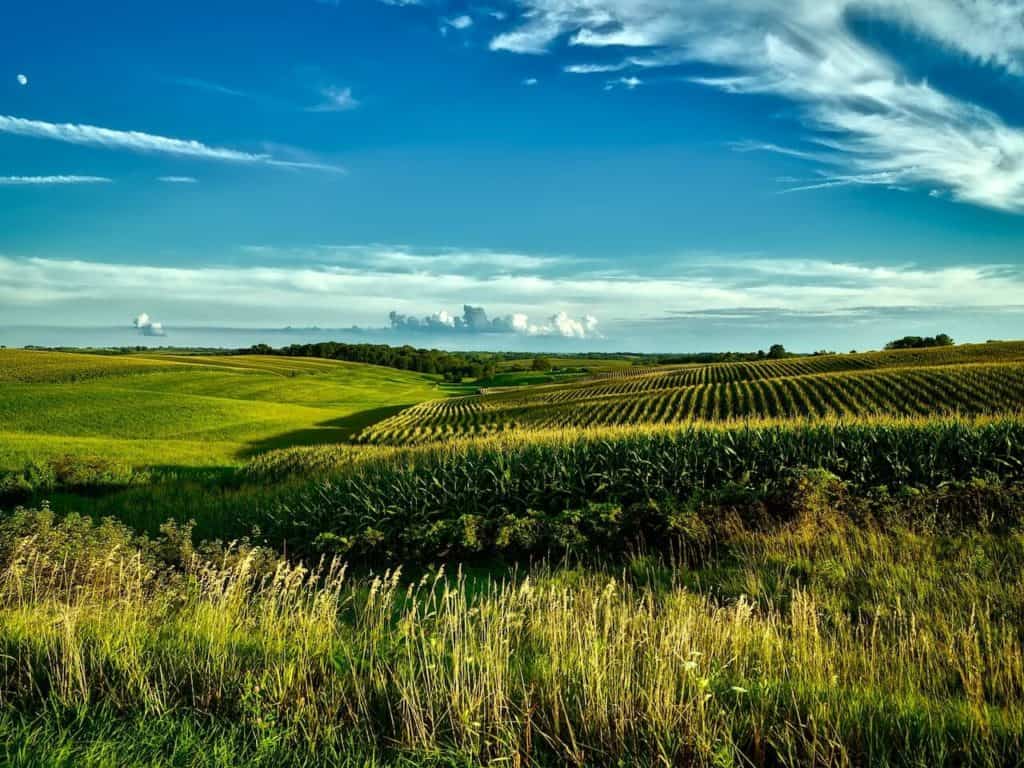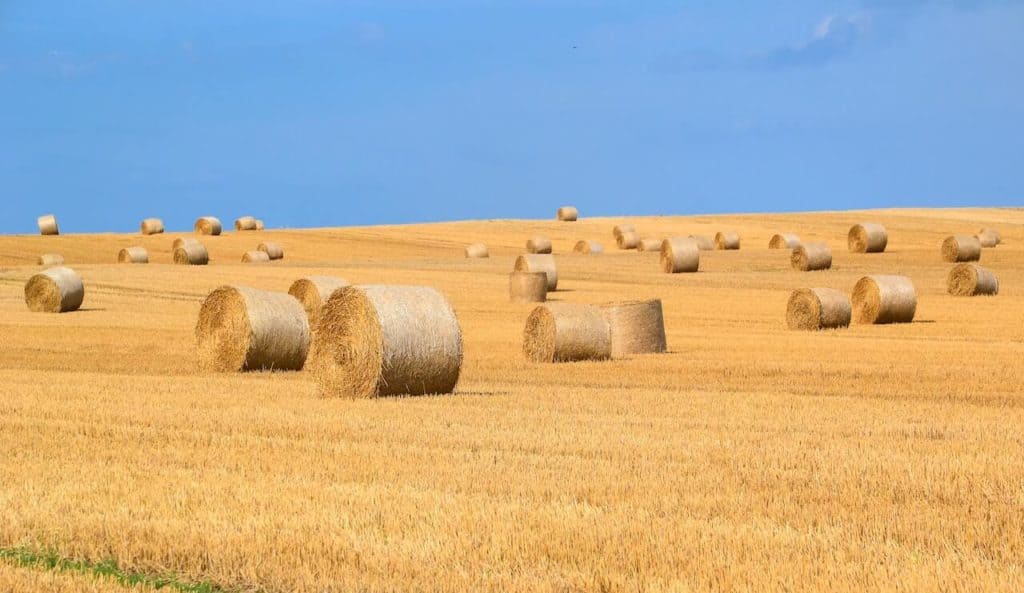Reducing Agricultural Farm Waste
Agricultural waste is an environmental concern that is often overlooked. It is estimated that globally, agriculture produces around 5 billion tons of waste every year. This waste is produced by various agricultural activities such as crop cultivation, livestock farming, and food processing.
The improper management of this waste can lead to serious environmental problems such as soil contamination, air pollution, and water pollution. In this article, we will discuss the different types of agricultural waste and how to recycle them.
Types of Agricultural Waste
There are different types of agricultural waste, each with its own unique characteristics and challenges in recycling.
Crop Residues – Crop residues are the remnants of crops after they have been harvested. These include plant stalks, leaves, and husks. Crop residues are usually rich in nutrients and organic matter, making them valuable for soil fertility. They can be used for mulching, composting, and animal feed.
Animal Waste – Animal waste is produced by livestock farming. It includes manure, urine, and bedding material. Animal waste is rich in nutrients and can be used for fertilisation. However, it can also be a source of water pollution if not managed properly.
Food Processing Waste – Food processing waste is produced during the processing of crops and livestock products. It includes waste from food packaging, food preparation, and food spoilage. Food processing waste can be a source of greenhouse gas emissions and can also attract pests.
Plastic Agricultural Waste – This includes plastic mulch, plastic bags, and plastic containers used for fertilisers and pesticides. Plastic agricultural waste is non-biodegradable and can persist in the environment for hundreds of years.
Waste Management Techniques
To reduce the environmental impact of agricultural waste, waste management techniques must be implemented. Here are some of the techniques that can be used to manage agricultural waste.
Composting – Composting is a process that involves the decomposition of organic matter. It is a simple and effective way of managing crop residues and animal waste. Composting can improve soil fertility and reduce the need for chemical fertilisers.
Biogas Production – Biogas is a renewable energy source that is produced by the anaerobic digestion of organic matter. Animal waste and food processing waste can be used as feedstock for biogas production. Biogas can be used for heating and electricity generation.
Recycling – Recycling is the process of converting waste materials into new products. It is a sustainable way of managing waste and reducing the environmental impact of agricultural activities. Plastic agricultural waste can be recycled into new products such as irrigation pipes, plastic lumber, and garden furniture.
Waste-to-Energy – Waste-to-energy is a process that involves the conversion of waste into energy. It is a sustainable way of managing waste and reducing the dependence on non-renewable energy sources. Food processing waste and plastic agricultural waste can be used as feedstock for waste-to-energy production.
Our Business and Plastic Agricultural Waste Recycling
At our business, we specialise in recycling plastic agricultural waste. We understand the environmental impact of plastic waste and are committed to reducing it.
Our plastic recycling process involves the following steps:
Collection – We collect plastic agricultural waste from farms and agricultural facilities.
Sorting – The collected waste is sorted according to type and quality.
Shredding – The waste is shredded into small pieces.
Washing – The shredded waste is washed to remove dirt and contaminants.
Pelletising – The washed waste is pelletised into small plastic pellets.
Manufacturing – The pellets are used to manufacture new products such as irrigation pipes, plastic lumber, and garden furniture.








